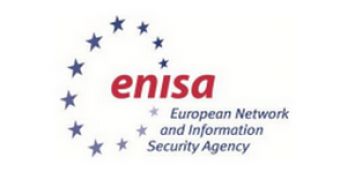The European Union Agency for Network and Information Security (ENISA) is publishing a series of studies that focus on e-Government services, particularly the security practices of the Trust Service Providers (TSPs) they utilize.
The fact that European governments are offering online services is a good thing for both businesses and consumers. However, when it comes to services that need to operate across borders, there are some administrative and legal barriers.
On the other hand, the STORK project is a perfect example that these challenges can be overcome.
The recommendations made by ENISA focus on improving cross-border interoperability and trustworthiness for the new regulated TSPs and the online services that use them.
The agency believes that TSP supervisory bodies in EU member states should set up a mutual assistance system. Furthermore, in order to protect the privacy of citizens, end-to-end encryption must be deployed for communications.
When it comes to trustworthy e-Government services, ENISA’s recommendations include promoting trusted marks that would be recognized across borders, developing trust services that are in compliance with both local and EU legislation, and adopting business continuity management standards.
There are three key aspects that e-Government services should take into consideration: end-to-end encryption, audit trails for electronic evidence, and strong authentication systems (e-Signature).
“It is vital for business and governments across Europe that citizens trust their online services and therefore implement the best technical e-signature solutions,” said the Executive Director of ENISA, Professor Udo Helmbrecht.
“These best practices need to be constantly reviewed through frequent risk analysis in order to keep up with the technical developments and overcome evolving cyber security challenges.”
The complete TSP reports are available for download on ENISA’s website.

 14 DAY TRIAL //
14 DAY TRIAL //